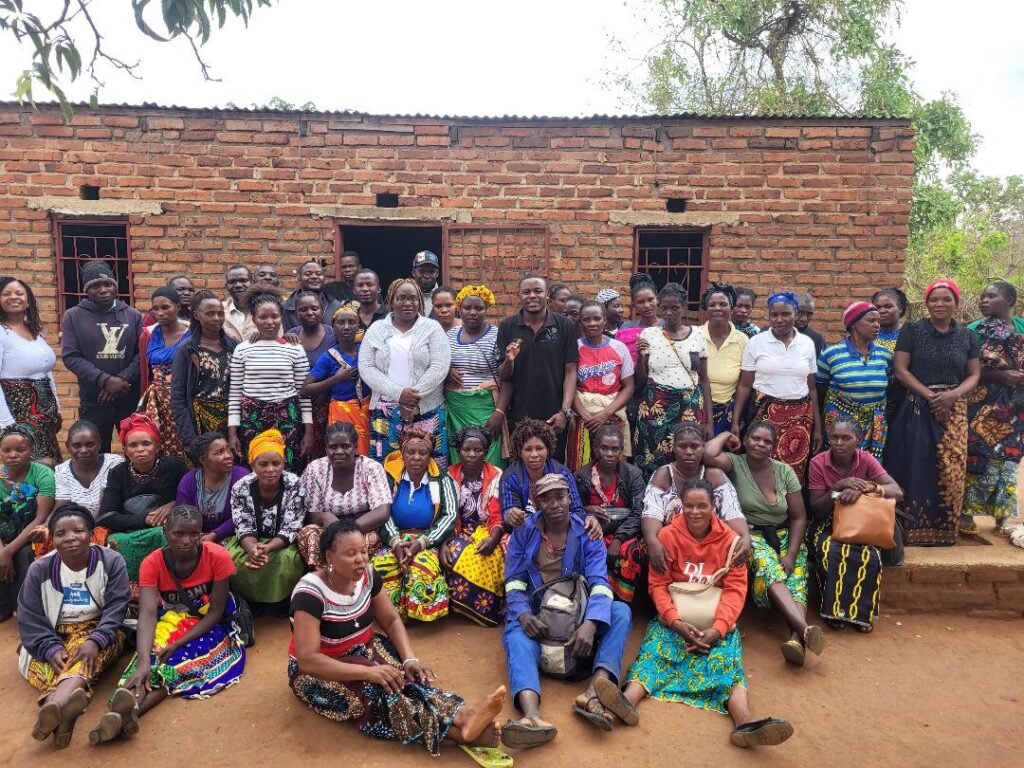Gender and Climate Justice in Food Systems: 2024

Project Summary
The Centre for Environment Justice (CEJ), in collaboration with the Zambia Climate Change Network (ZCCN), is implementing the Gender and Climate Justice in Food Systems project, funded by We Effect. The project aims to promote agroecological farming practices and support farmers with indigenous seeds that enhance resilience to climate change and reduce food insecurity, targeting smallholder farmers, with a special focus on women and youth. This initiative is being implemented in Nyimba and Petauke districts of Eastern Province.
The project provides training in sustainable agricultural practices, post-harvest handling, and livestock management, along with the provision of climate-resilient seeds. By integrating gender-responsive approaches, the project aims to empower marginalized groups to build climate resilience, reduce food insecurity, and enhance livelihoods.
Project Objectives
- Promote Gender Equality: Empower women and youth by enhancing their participation in decision-making processes and access to resources within the food system.
- Build Climate Resilience: Equip smallholder farmers with knowledge, skills, and resources for climate-resilient agricultural practices, reducing vulnerability to climate change impacts.
- Enhance Food Security: Reduce pre- and post-harvest losses through training in modern techniques, improving productivity and household food availability.
- Foster Sustainable Livelihoods: Support communities with diversified agricultural inputs and livestock management to create sustainable income-generating opportunities.
Expected Outcomes
- Increased Agricultural Productivity: Beneficiary farmers adopt climate-smart agriculture, resulting in improved crop yields and livestock production.
- Reduction in Gender Disparities: Women and youth have greater access to resources and participate in key agricultural and community decisions.
- Improved Livelihoods and Income Levels: Farmers engage in diversified income-generating activities, such as goat production and better market integration, boosting household incomes.
- Strengthened Community Resilience: Communities experience reduced vulnerability to climate-related shocks and enhanced adaptive capacity through improved practices and resource access.
- Reduction in Post-Harvest Losses: Improved storage and handling practices minimize losses, ensuring more produce is available for consumption and sale.
